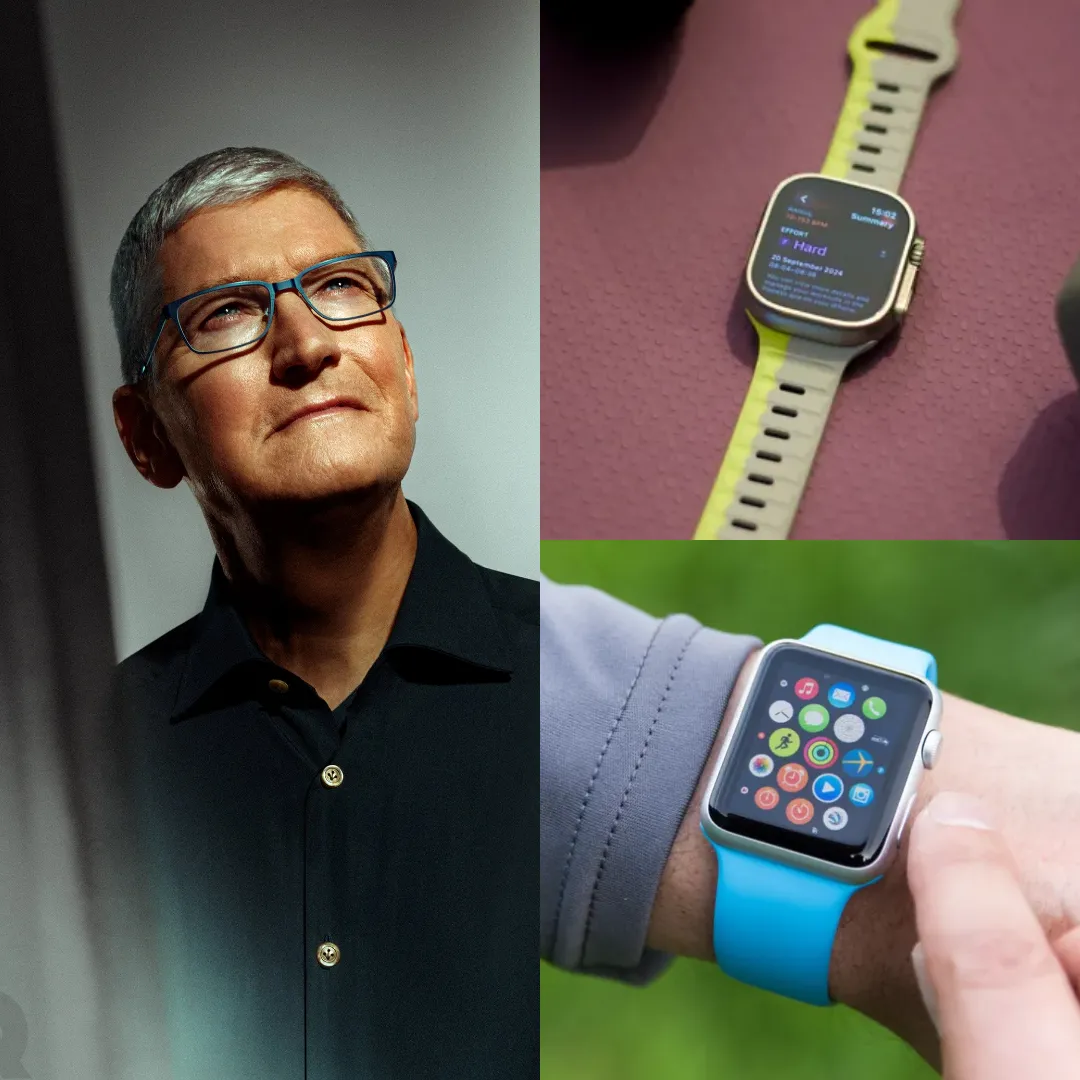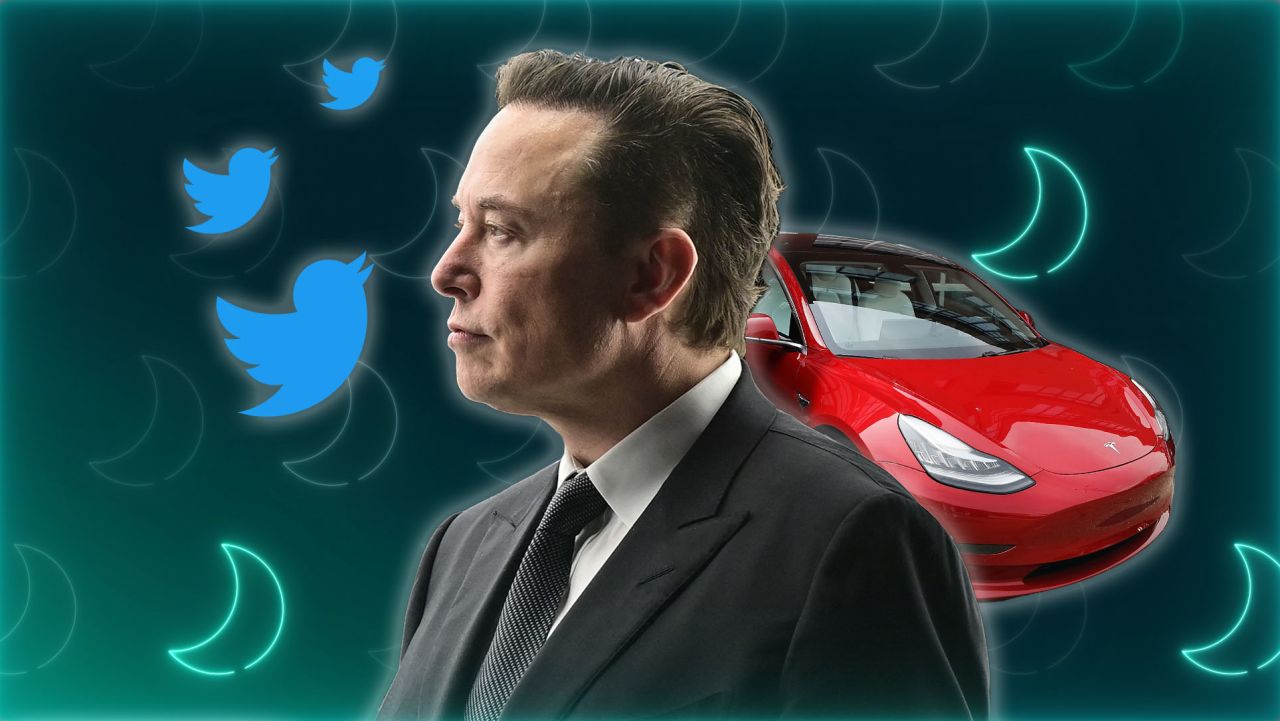
The Vancouver International Auto Show made the controversial decision to remove Tesla products from the event just a day before its scheduled opening. The move came after safety concerns were raised, with organizers citing the well-being of attendees, exhibitors, and staff as their top priority.
The decision has sparked significant debate, drawing attention to the ongoing controversy surrounding Tesla and its CEO, Elon Musk.
Eric Nicholl, the executive director of the Vancouver Auto Show, released a statement explaining the decision. "The Vancouver Auto Show’s primary concern is the safety of attendees, exhibitors, and staff," Nicholl said.
"This decision will ensure all attendees can be solely focused on enjoying the many positive elements of the event." The statement highlighted that the show aimed to offer a positive experience for all involved, and the decision to remove Tesla products was made in light of the need to ensure a safe environment.
Tesla was reportedly given multiple opportunities to withdraw from the show voluntarily, but when the company failed to do so, the organizers made the final call to exclude the electric vehicle manufacturer. The Vancouver Auto Show, which is set to run from Wednesday to Sunday, will feature a range of exhibitors, but Tesla’s absence will undoubtedly be noticed by attendees and participants.
The decision to exclude Tesla from the show comes amid growing protests and calls for action from some Canadians. In recent days, a movement known as "Tesla Takedown" has gained traction, with protesters urging Canadians to sell their Tesla vehicles, divest from the company’s stock, and pressure Musk to step down from his roles as a senior adviser to President Donald Trump and leader of the Department of Government Efficiency (DOGE) in the Trump administration.
The protests are seen as a response to Musk’s political affiliations and his outspoken views on various issues, particularly government inefficiency and fraud.
The protests have also been fueled by Musk’s controversial remarks regarding his efforts to combat fraud and waste in government operations. Musk has consistently criticized what he perceives as inefficiency and corruption within the government, and his actions to address these issues have drawn the ire of some of his critics.
One of the more notable aspects of the protests is the focus on Musk’s involvement in the Trump administration, which has led some Canadians to question the ethics of supporting Tesla products.
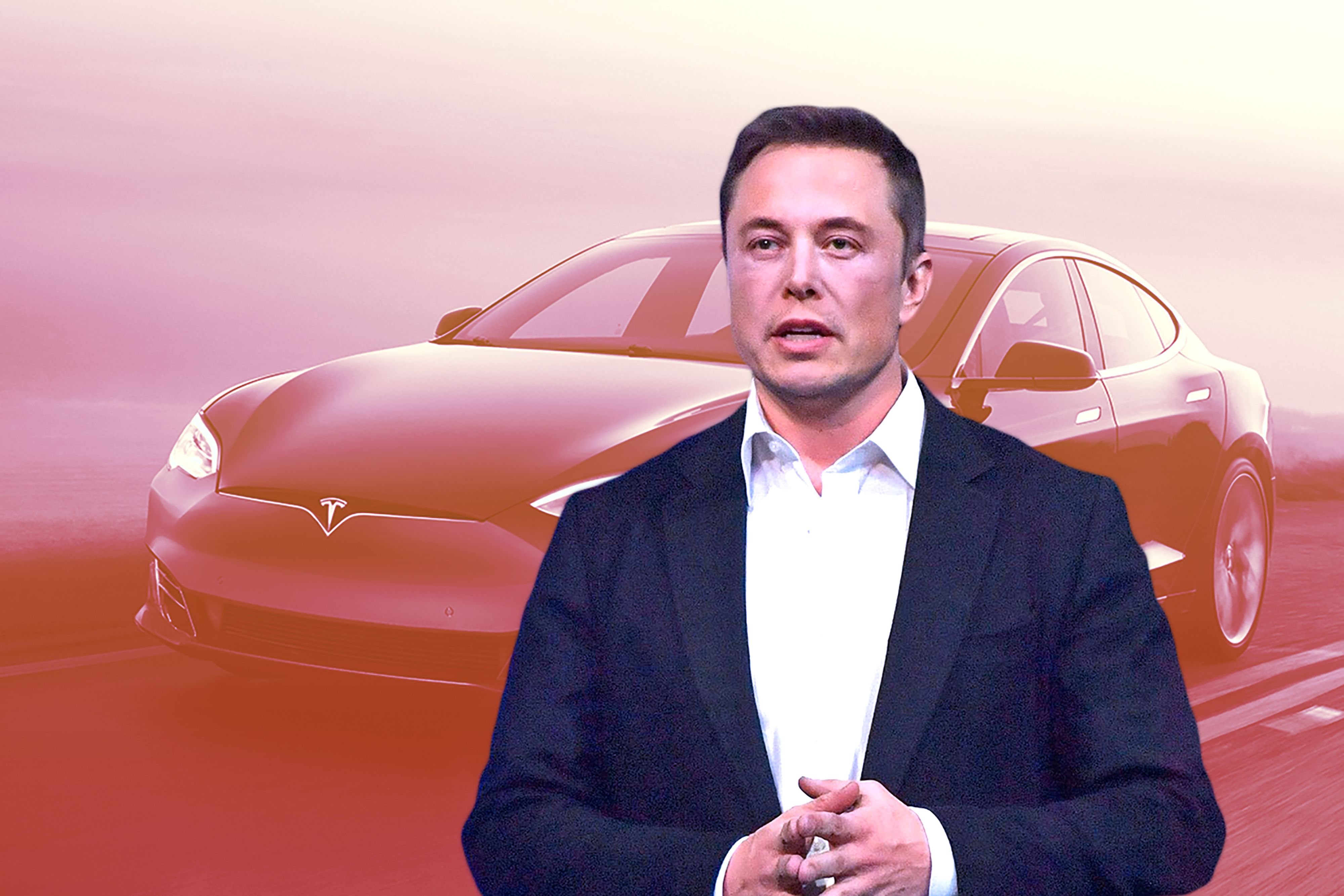
In addition to the protests, BC Hydro, a major Canadian electric utility, announced that it would be removing Tesla from its electric vehicle rebate program. This decision reflects a broader push to prioritize Canadian-made products and support local industries. BC Hydro’s move to exclude Tesla from its rebate program is seen as part of a growing trend in Canada to distance itself from the company, especially given Musk’s controversial political ties.
Musk responded to the backlash during an interview on Fox News with Sean Hannity, where he addressed the criticisms leveled against him and Tesla. Musk claimed that much of the pushback he was receiving stemmed from his efforts to stop fraud and waste within government programs.
"When you take away people’s… fraud, the money they’re receiving fraudulently, they get very upset, and they basically want to kill me because I’m stopping their fraud," Musk told Hannity on Tuesday. "And they want to hurt Tesla because we’re stopping this terrible waste and corruption in the government. And, well, I guess they’re bad people. Bad people do bad things."
Musk’s comments reflect his frustration with the growing opposition to his actions and his role in the Trump administration. He has long been a vocal critic of government waste, and his actions to curb what he perceives as fraud have put him at odds with some of the individuals and organizations benefiting from these systems.
While Musk’s supporters view him as a reformer trying to bring much-needed change, his detractors argue that his approach is damaging to various industries and that his political affiliations are problematic.
The tension surrounding Tesla and Musk has escalated further, with reports of vandalism and violence targeting Tesla dealerships in the U.S. In recent weeks, several Tesla locations have been set on fire or damaged, leading to concerns about the safety of the company’s employees and the potential impact on the brand’s reputation.
These incidents have intensified the controversy surrounding Tesla, highlighting the increasingly polarized debate over Musk’s influence and the company’s role in the global electric vehicle market.
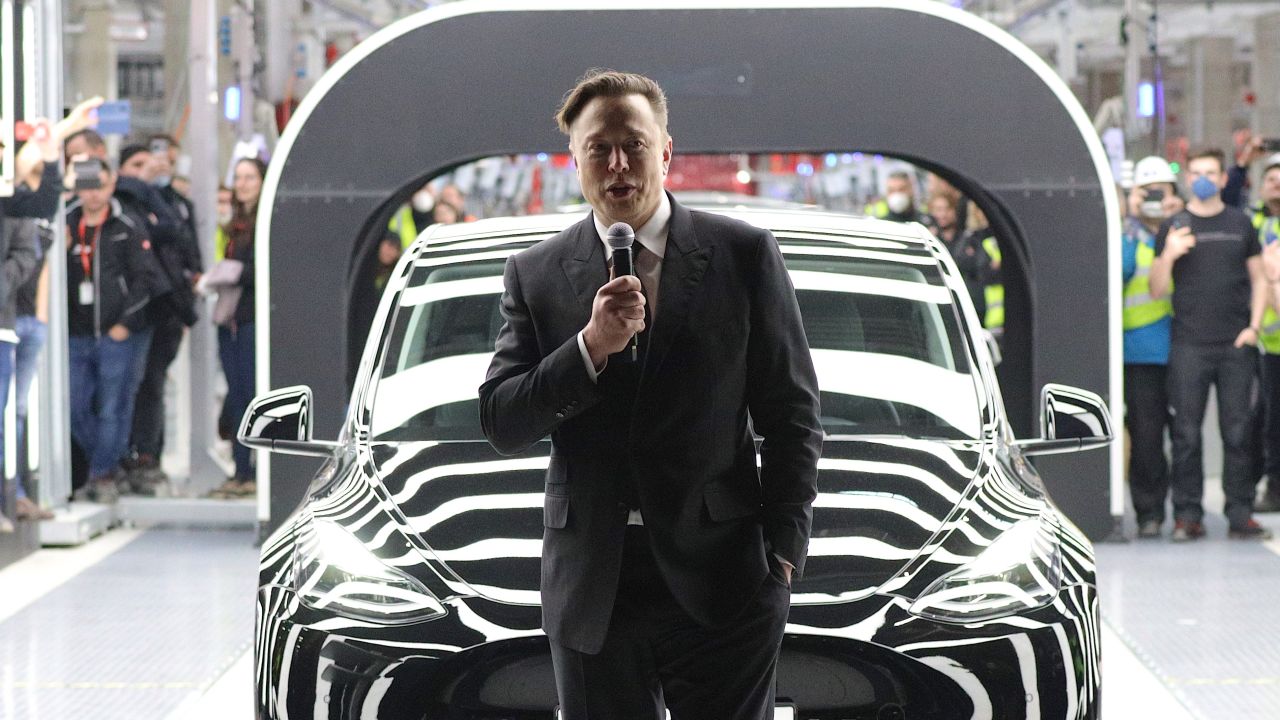
The decision by the Vancouver International Auto Show to remove Tesla products and the growing protests against the company are indicative of a larger societal debate over the intersection of politics, business, and technology. Tesla, once seen as a pioneering force in the electric vehicle industry, is now facing increasing scrutiny due to Musk’s political affiliations and his role in the Trump administration.
For many, the question is no longer just about the quality of Tesla’s products, but also about the ethical implications of supporting a company led by someone with such divisive political views.
As the protests and legal battles surrounding Tesla continue to unfold, it remains to be seen how the company will navigate the increasingly hostile political environment. While Tesla has long been praised for its innovation and leadership in the electric vehicle market, its future is now being shaped by the broader cultural and political issues that Musk’s leadership has brought to the forefront.
The impact of these protests and legal challenges could have lasting effects on Tesla’s reputation, particularly in markets like Canada, where public opinion on Musk’s political ties is sharply divided. With BC Hydro pulling Tesla from its rebate program and other organizations distancing themselves from the company, Tesla’s ability to maintain its dominance in the electric vehicle market may be put to the test.
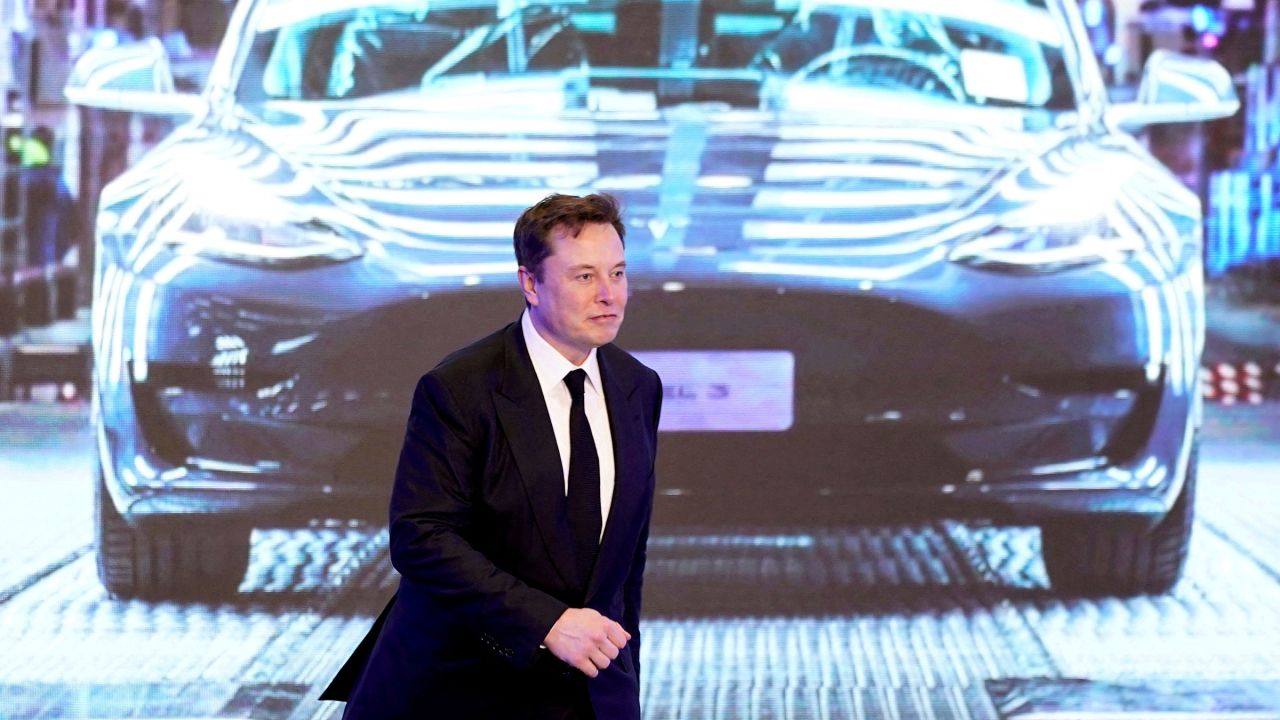
The outcome of this battle could determine the future of Tesla’s relationship with consumers, governments, and the broader global market for electric vehicles.
As the Vancouver Auto Show continues without Tesla’s participation, it serves as a reminder of the growing influence that political and social movements are having on the business world. The intersection of technology, politics, and consumer choice is becoming increasingly complex, and the fallout from this latest controversy surrounding Tesla may reverberate far beyond the world of electric vehicles.
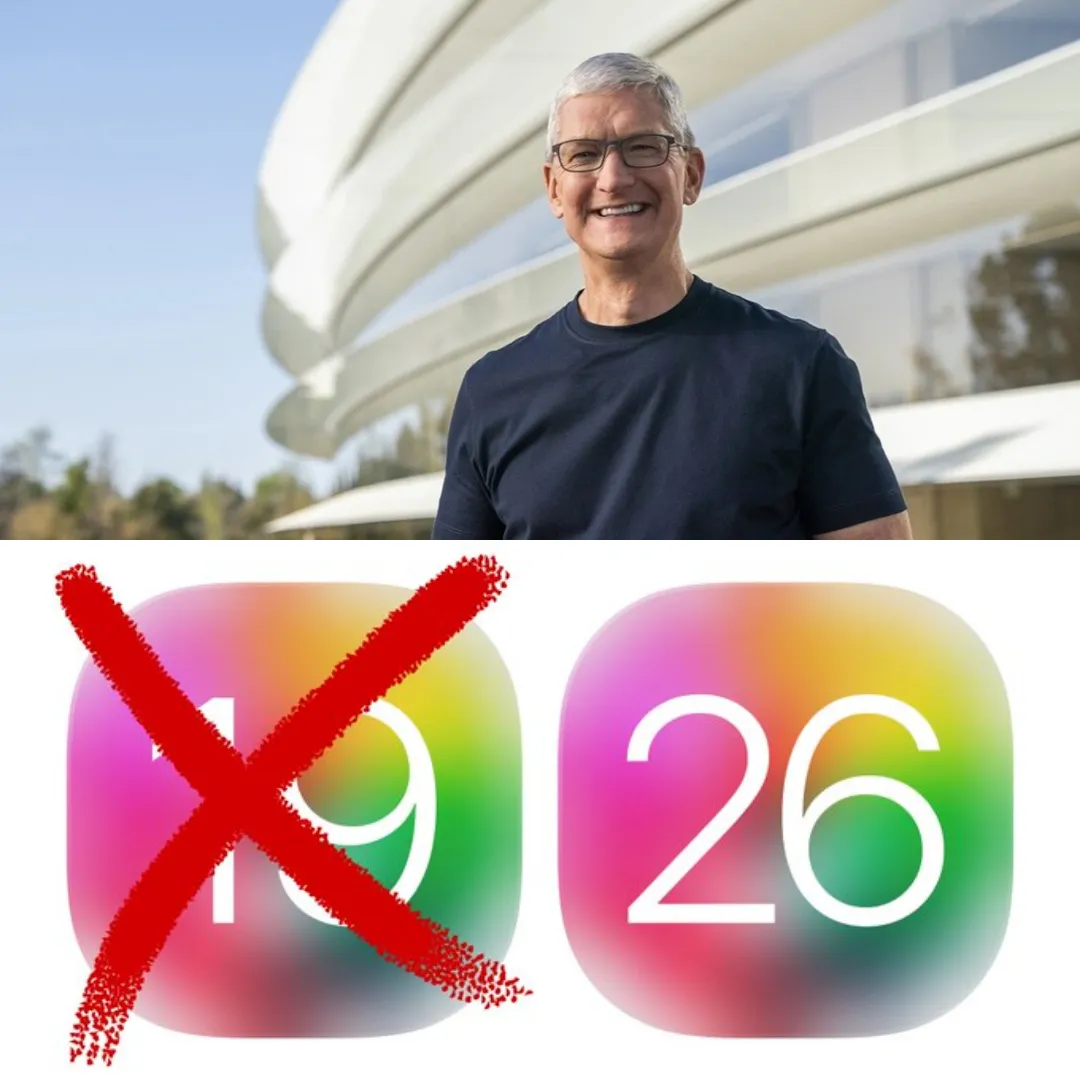
-1747018569-q80.webp)
-1745574030-q80.webp)
